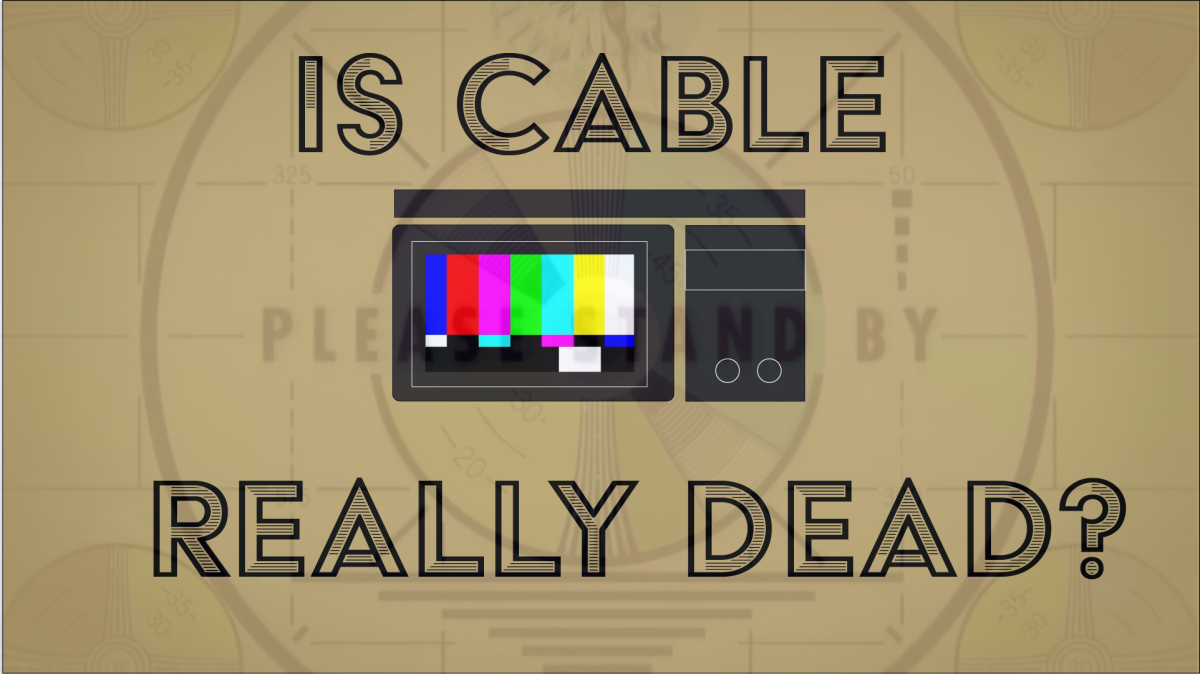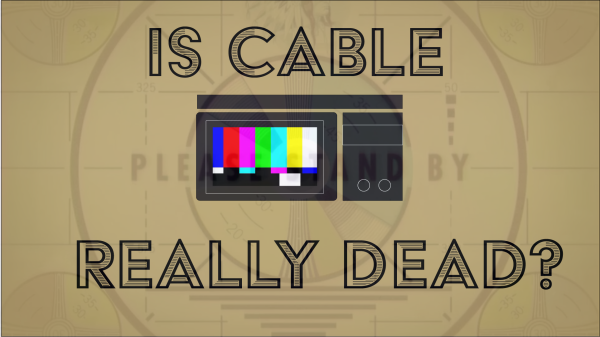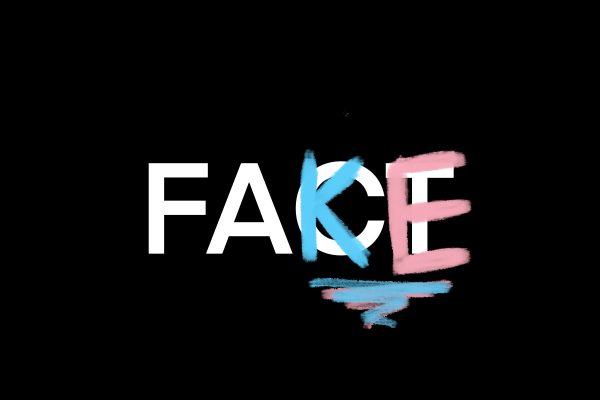Brett Kavanaugh Isn’t Suited for a Supreme Court Position
September 28, 2018
On July 10, 2018, Brett Kavanaugh was nominated for a seat on the United States Supreme Court. Supreme Court nominations have long been a fight between the Democrat and Republican parties to place judges that share their ideological views, but the Judicial Branch was not created to benefit or act on behalf of the majority party. They were meant to interpret the law impartially using stare decisis and the Constitution as a guide. Personal stances are frequently revealed through opinions and dissents, but they should not be the main motivators behind a judge’s decision.
Arguably, Kavanaugh was chosen for this position despite his qualifications, and claims his personal views don’t affect his case decisions. However, his background as a devout Catholic and comments about birth control being “abortion inducing” have sparked reasonable concern. Does this impartiality extend to reproductive rights? In a recent court case, he wrote that prohibiting an immigrant teen from obtaining an abortion wasn’t an undue burden on her. With Iowa’s new Heartbeat bill, women’s rights seem to be regressing. If Kavanaugh were to contribute to any future cases, how many rights would he infringe upon as a result of not deeming discriminatory laws “undue burdens?”
President Trump has become notorious for the lack of diversity among his nominations and appointments. His predominately white, male, conservative cabinet is proof of this. A lack of diversity and underrepresentation by minority groups plague our politics; nominating Brett Kavanaugh only furthers this gap of inequality. Kavanaugh’s potential future contributions would resemble President Trump’s values, which in no way promote human rights.
Kavanaugh’s suitability continued to dwindle when sexual assault allegations were filed against him by a woman named Christine Ford who recently came forward. Her accounts of the alleged incident were documented in her therapist’s notes several years ago, and she has passed a polygraph test. Some people have already dismissed this allegation as a ploy to prevent Kavanaugh from being nominated. The National Sexual Violence Resource Center says that false accusations occur 2-10% of the time, suggesting that 90-98% of all allegations are true. This accusation alone should halt the nomination process until it is investigated further.
Brett Kavanaugh has nothing to offer the Supreme Court. His views are heavily represented already, and his impartiality is questionable. In this regressive political climate, a faithfully conservative judge will fail to contribute any new insights of value. This country doesn’t need more of the same ideas, especially when those ideas come from someone who stands accused of sexual assault.


















